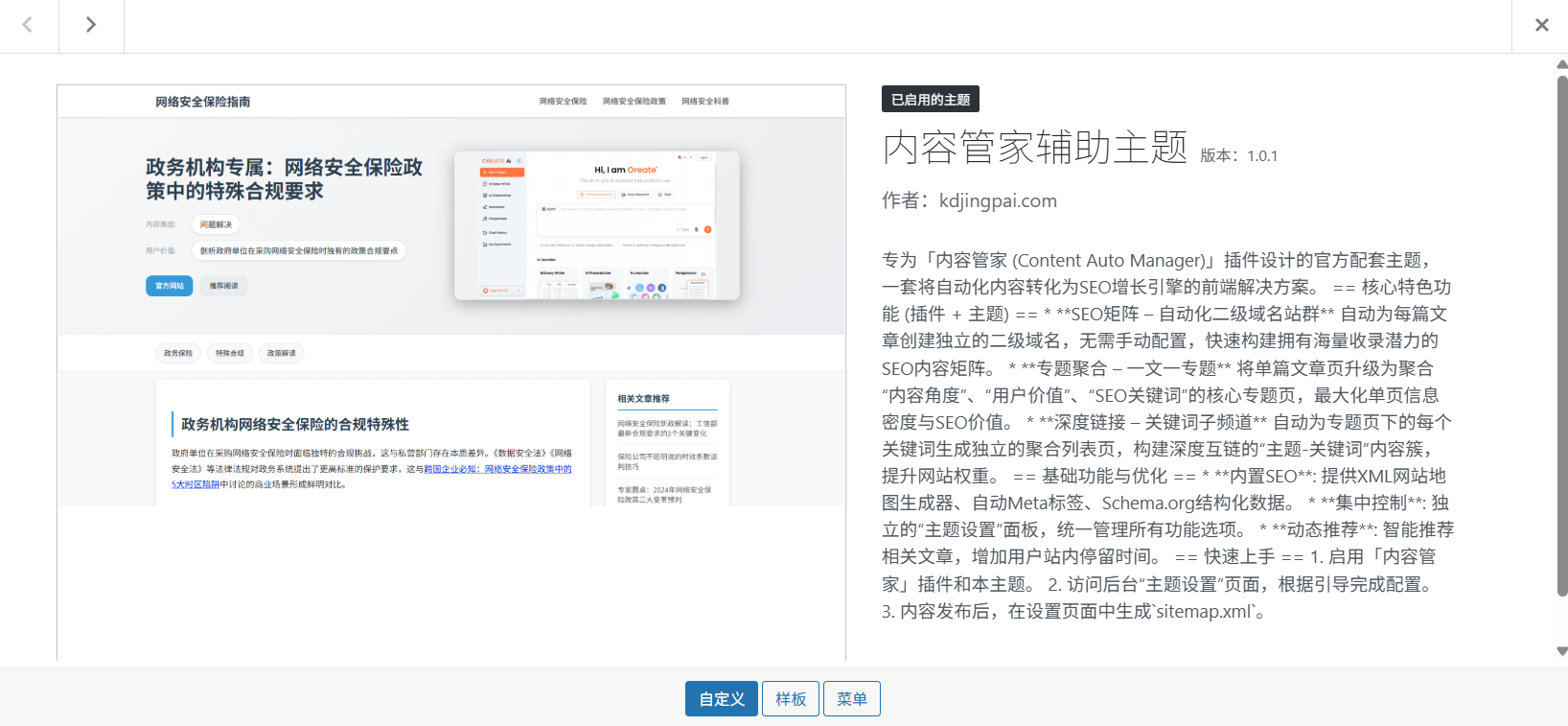Background
For end-users, traditional web browsing often contains a lot of redundant information such as advertisements, complex typography, etc., which affects the reading efficiency. spegel converts web pages into a concise markdown format through AI technology, which is optimized for end-user browsing.
Core Solutions
- Installation and basic use: After cloning the Spegel project, install the dependencies and configure the environment variables (e.g. GEMINI_API_KEY) via the
spegel <URL>command will load the simplified page directly. - Customized View Configuration: Modification
~/.spegel.tomlThe file defines the browsing mode. Example:- set up
default_view=terminalOptimize typography. - increase
prompt=将网页简化为5岁儿童能理解的内容Generate minimalist output.
- set up
- Shortcut switching: Dynamically switch views while browsing by pressing profile-defined shortcuts (e.g. 1, 2) without reloading.
Additional recommendations
If you need to process specific content (e.g., recipes), you can enable therecipeThe view automatically extracts ingredients and steps. For complex web pages, it is recommended to check the output integrity in chunks and choose GPU accelerated models (e.g. GPT-4) to boost the processing speed.
This answer comes from the articleSpegel: using AI to transform web pages into an end-to-end browsing experienceThe
































